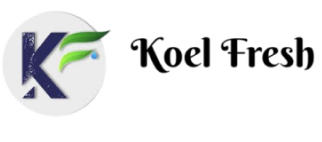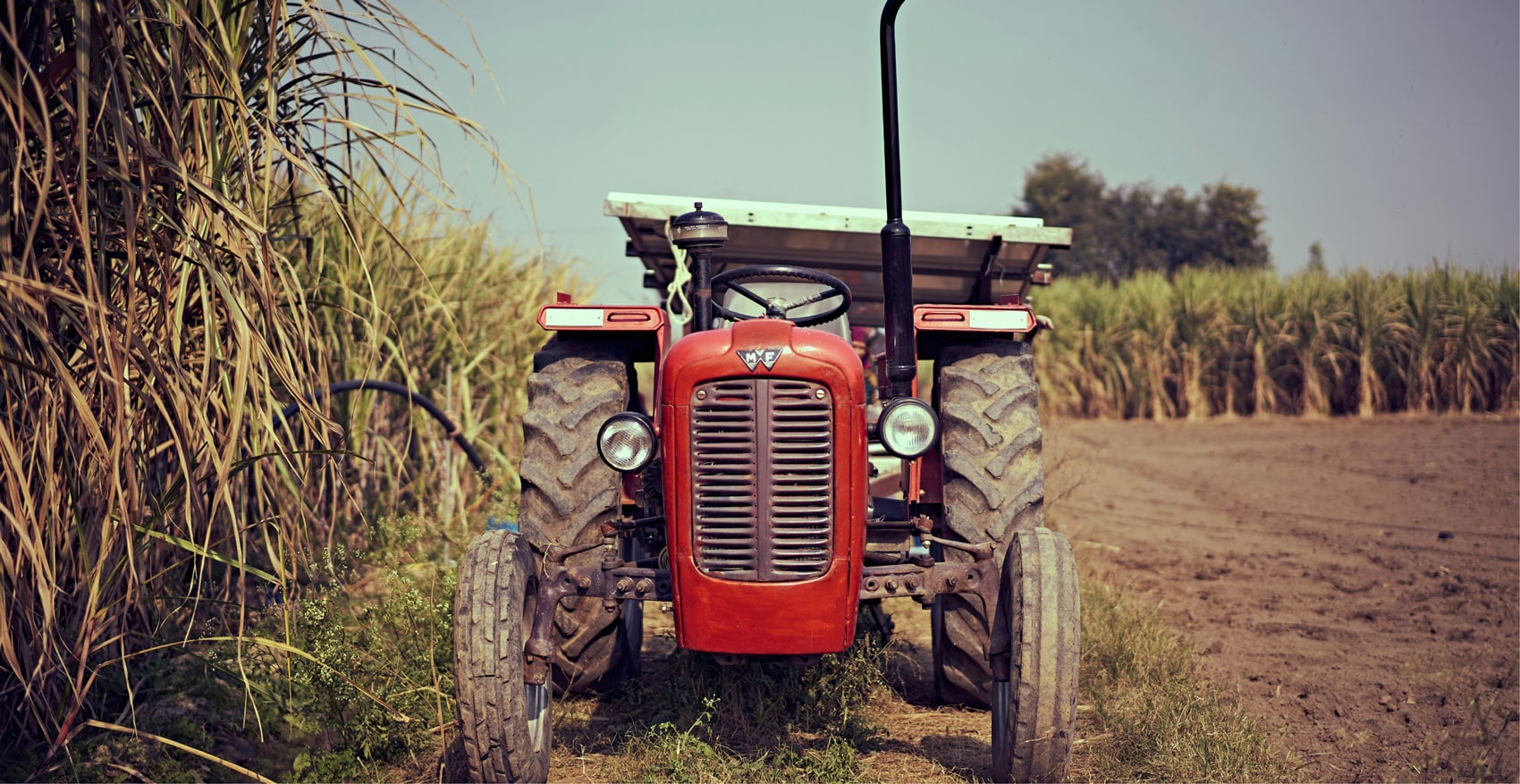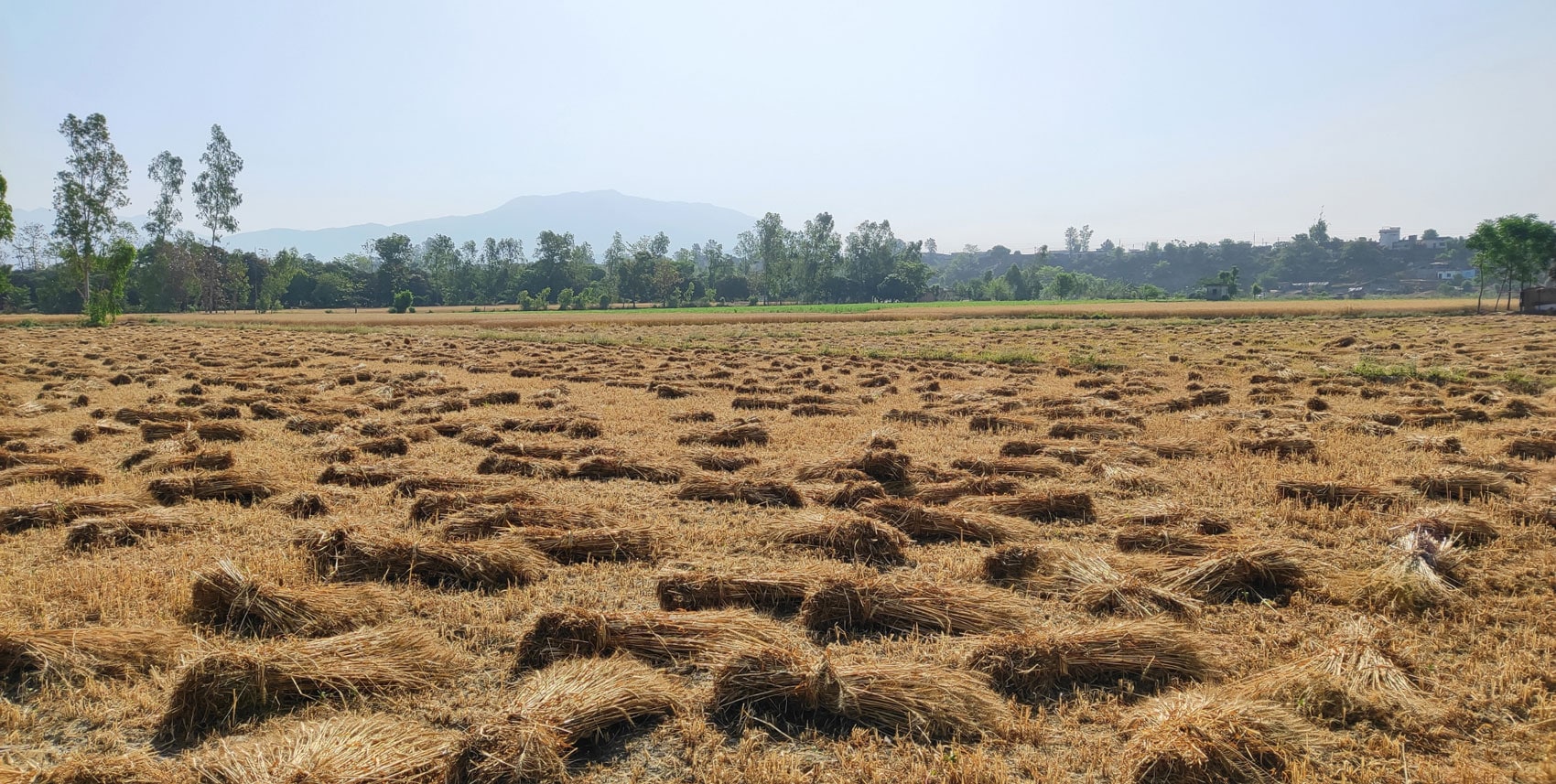Empowering Women in the Agricultural Cold Storage Sector
Region
Rourkela, Odisha, India
Most commonly stored crops:
Cauliflower, Banana, Tomato
-
Cold Room Size:
5 metric tonnes
-
Numbers of users reached:
300 smallholders and small-scale reached
-
Post-harvest loss reduction (in %):
From 17% to 4%
-
Increase in user income (in %):
29.6%
About the project
The need
The agricultural sector in Odisha has been the backbone of the state's economy, with numerous households dependent on farming for their livelihood. Annually, Indian farmers face staggering post-harvest losses, amounting to nearly USD 12,520 million, predominantly attributed to insufficient storage facilities and an absence of energy infrastructure. A considerable 25 to 35 percent of cultivated food goes
to waste, primarily due to a dearth of suitable refrigeration and other impediments within the supply chain. Currently, only a mere 6 percent of the food produced in India benefits from the advantages of the cold chain. In this regard, Koel Fresh's (KF) cold room operations have been a game-changer for farmers, transforming their lives and livelihoods in India’s eastern region.
The solution
A five-metric-tonne cold room near the local Veer Surendra Sai (VSS) market in Rourkela, funded by Bloomberg Philanthropies and awarded under the Global Mayor’s Challenge, was established by KF in collaboration with the Rourkela Municipal Corporation (RMC) as part of their efforts to transform Rourkela into a smart city. The cold room, which also benefits from technical guidance provided by Your VCCA, has substantially reduced post-harvest food and revenue
losses experienced by Mahato and his fellow farmers. It operates on a servitisation model, offering cooling on a pay-per-use basis to farmers, democratising the solution and reducing the operational costs. The coming together of these different organisations has enabled Mahato to store his produce at the facility, eliminating distress sales and increasing his monthly earnings by Rs 4,000 (USD 48) that helps cover two additional weeks of three-meals a day for his family.
The cold rooms operate on a unique model where KF and RM retain ownership and operational costs. A local Farmer-Producer Organisation or a self-help group (SHG) receive training to run the cold rooms independently. In Rourkela, local community members are recruited as cold room operators, facilitating skill transfer and creating additional income sources, diversifying their livelihoods while enhancing their business acumen.
In different regions of Odisha, such as Keonjhar, alternative community-driven CaaS models have been
In different regions of Odisha, such as Keonjhar, alternative community-driven CaaS models have been
explored. Here, cold room ownership and upkeep fall under the responsibility of a FPO. Smallholders face a choice in this innovative setup: they can securely stock their crops at affordable rates, capitalising on advantageous market trends, and sell the surplus to FPOs at premium rates. The FPOs, in their role, harness their collective influence to secure improved prices for their substantial produce quantities. The profits generated by the FPOs are reinvested in sustaining the cold rooms and facilitating members' access to essential farming inputs for the upcoming season.
Mainstreaming Gender
in Agricultural Value Chains
KF's efforts towards gender inclusivity are noteworthy. In addition to building the cold room in a central public space for easy and safe access for women, KF onboarded members of the Maa Tarini Women's Self-Help Group (SHG) to manage the operations and finances of the cold room using digital tools. This initiative has helped women from the local community build new skills but also ensured that gender and power relations do not deter female farmers from using the cold rooms.
Your VCCA’s Coldtivate app further enhances market connectivity and profitability for farmers. The tool integrates an SMS-based notification service to keep non-smartphone users, most of whom are women, informed about the remaining storage life of their crops. Additionally, cold room operators are trained to inform farmers without phones in person.
Regular female cold room users receive specialised postharvest cooling and management training,
Your VCCA’s Coldtivate app further enhances market connectivity and profitability for farmers. The tool integrates an SMS-based notification service to keep non-smartphone users, most of whom are women, informed about the remaining storage life of their crops. Additionally, cold room operators are trained to inform farmers without phones in person.
Regular female cold room users receive specialised postharvest cooling and management training,
making them 'cold-room champions' in their community. They use a peer-to-peer approach to educate others, addressing concerns about food spoilage. These interactions occur in diverse settings, including markets and familiar gendered spaces like farms and wells, contributing to wider acceptance of cooling practices among female farmers.
Your VCCA has partnered with KF to conduct gender-sensitive campaigns to emphasise the benefits of cooling among farming households with low literacy rates. These campaigns employ pictorial messaging, local languages, and demonstration-based learning.
The combined efforts of these initiatives have yielded promising results, with crop spoilage decreasing from 17% to 4% among frequent cold room users. On average, farmers have seen their incomes rise by 29.6%, with female users in Rourkela reporting an impressive income increase of 34.3%.
Your VCCA has partnered with KF to conduct gender-sensitive campaigns to emphasise the benefits of cooling among farming households with low literacy rates. These campaigns employ pictorial messaging, local languages, and demonstration-based learning.
The combined efforts of these initiatives have yielded promising results, with crop spoilage decreasing from 17% to 4% among frequent cold room users. On average, farmers have seen their incomes rise by 29.6%, with female users in Rourkela reporting an impressive income increase of 34.3%.
What’s next?
The Rourkela pilot cold room has already delivered substantial benefits, making a positive impact on 300 farmers and a Self-Help Group (SHG). Looking forward to 2023, KF has set forth ambitious plans for the installation of 150 metric tons of solar-powered cold storage, with an eye on future expansion.
This expansion initiative is focusing on the establishment of cluster-based solar-powered cold rooms at carefully selected farm gates and market yards in Rourkela. The primary objective is to aid farmers, small vendors, and street hawkers in the efficient storage of their fruits and vegetables. Employing the cluster-based approach, smaller-sized cold rooms, ranging from 5 to 30 metric tons, are
This expansion initiative is focusing on the establishment of cluster-based solar-powered cold rooms at carefully selected farm gates and market yards in Rourkela. The primary objective is to aid farmers, small vendors, and street hawkers in the efficient storage of their fruits and vegetables. Employing the cluster-based approach, smaller-sized cold rooms, ranging from 5 to 30 metric tons, are
strategically placed at key locations, eliminating the need for a single, large storage facility such as a 5000 metric ton unit. This approach ensures the effective provision of cooling services across multiple farm gates and market yards, spanning critical areas in Rourkela.
The entire project holds the potential to make a positive impact on more than 2,500 farmers and 10 SHGs in Rourkela, while simultaneously serving as a model for replication and scalability in other cities across India. Furthermore, the project fully capitalises on the capabilities of the Coldtivate app to maximise its effectiveness.
The entire project holds the potential to make a positive impact on more than 2,500 farmers and 10 SHGs in Rourkela, while simultaneously serving as a model for replication and scalability in other cities across India. Furthermore, the project fully capitalises on the capabilities of the Coldtivate app to maximise its effectiveness.
Join us!
Join us!
Join us!
Join us!
Join us!
Join us!
Join us!
Join us!
Join us!
Join us!
Join us!
Join us!
Join us!
Join us!
Join us!
Join us!
Join us!
Join us!
Join us!
Join us!
Join us!
Join us!
Join us!
Join us!
Join us!
Join us!
Join us!
Join us!
Join us!
Join us!
Join us!
Join us!
Join us!
Join us!
Join us!
Join us!
Join us!
Join us!
Join us!
Join us!
Join us!
Join us!
Join us!
Join us!
Join us!
Join us!
Join us!
Join us!
Join us!
Join us!
Join us!
Join us!
Join us!
Join us!
Join us!
Join us!
Join us!
Join us!
Join us!
Join us!
Join us!
Join us!
Join us!
Join us!
Join us!
Join us!
Join us!
Join us!
Join us!
Join us!
Join us!
Join us!
Join us!
Join us!
Join us!
Join us!
Join us!
Join us!
Join us!
Join us!
Join us!
Join us!
Join us!
Join us!
Join us!
Join us!
Join us!
Join us!
Join us!
Join us!
Join us!
Join us!
Join us!
Join us!
Join us!
Join us!
Join us!
Join us!
Join us!
Join us!
Join us!
Join us!
Join us!
Join us!
Join us!
Join us!
Join us!
Join us!
Join us!
Join us!
Join us!
Join us!
Join us!
Join us!
Join us!
Join us!


